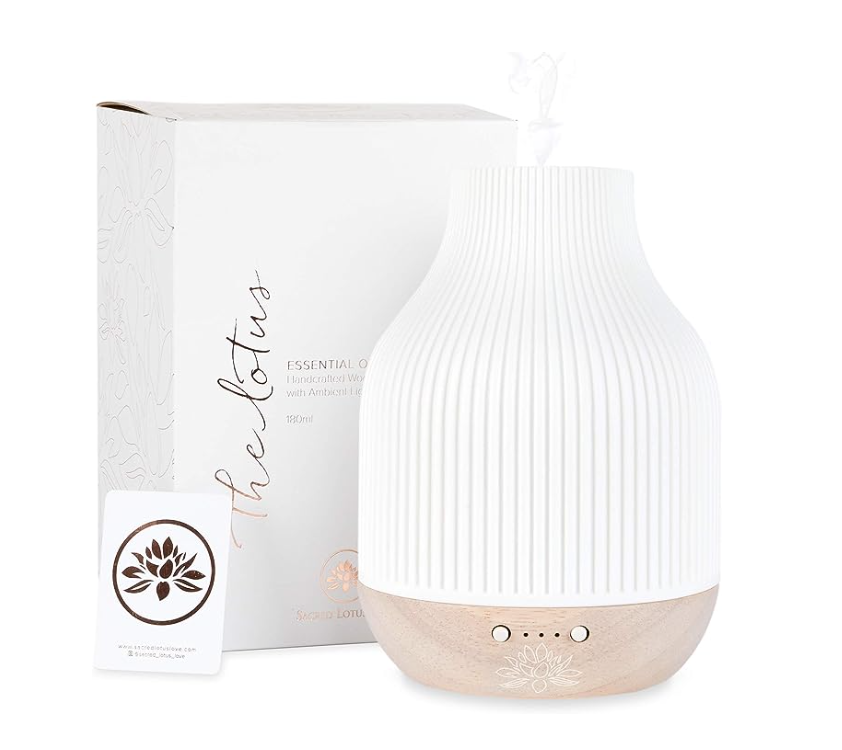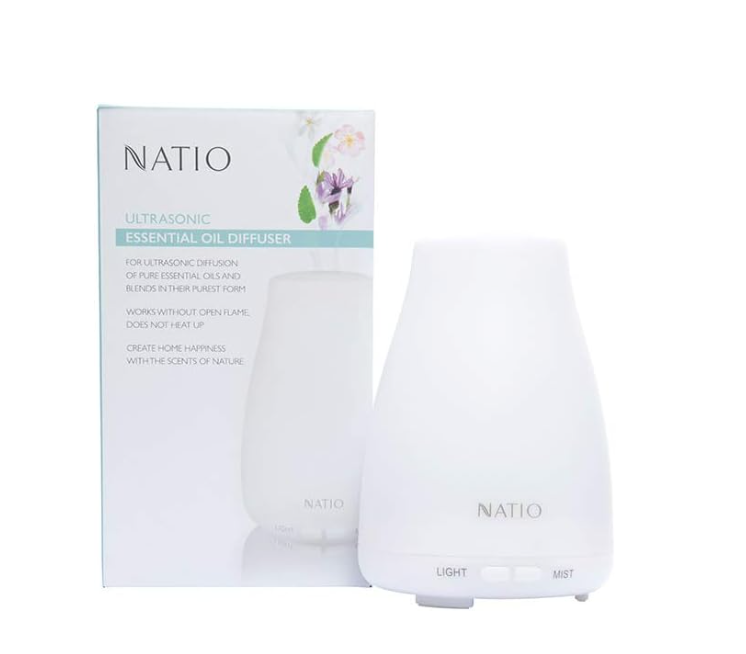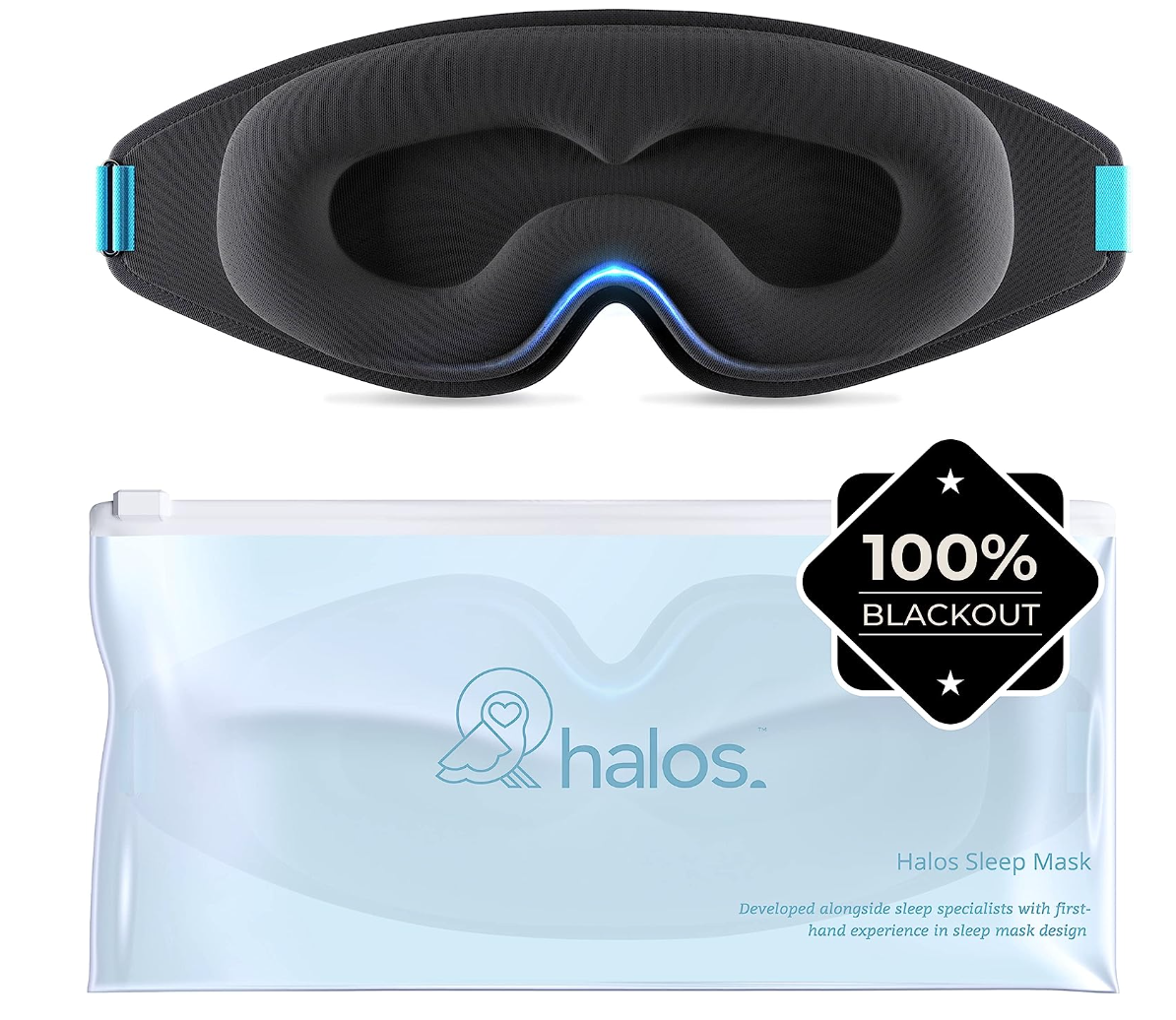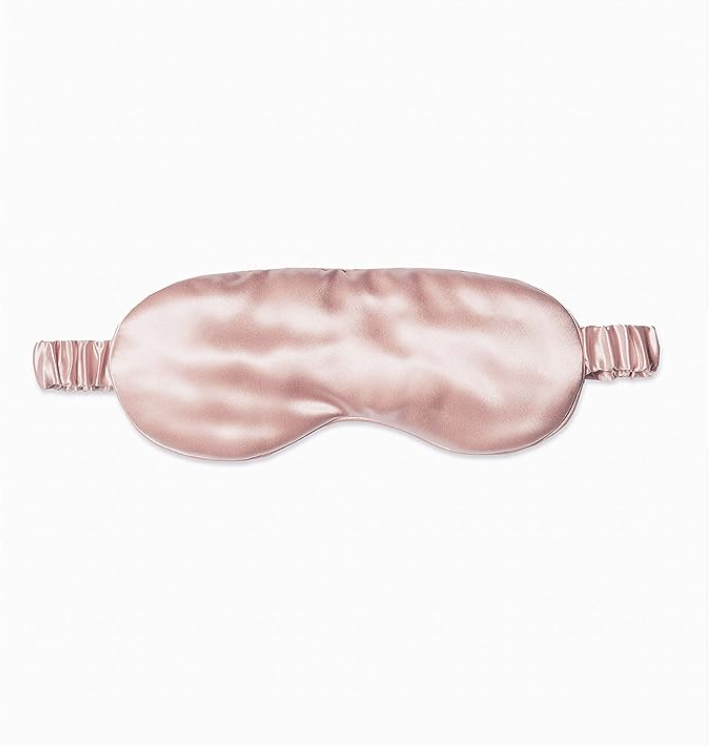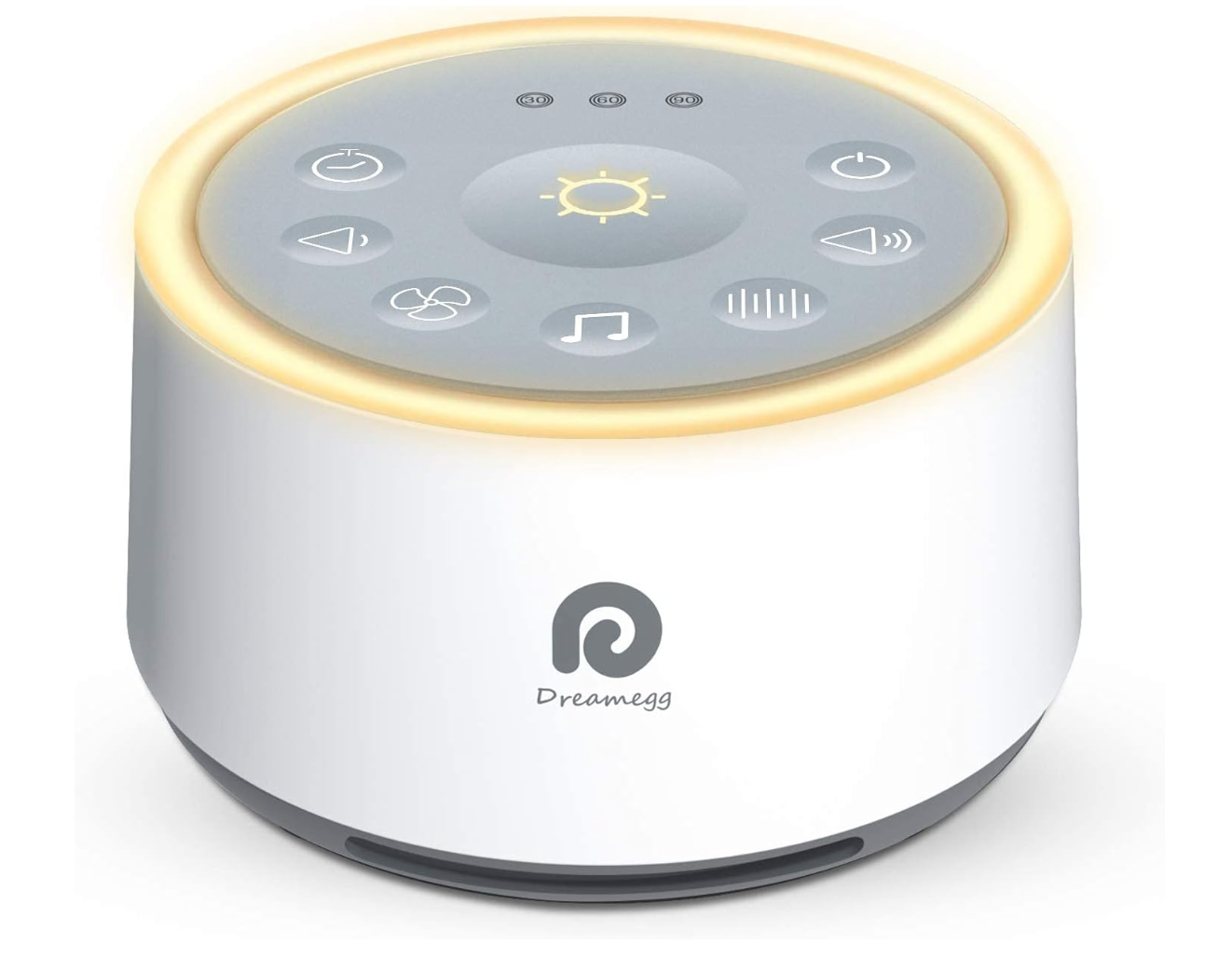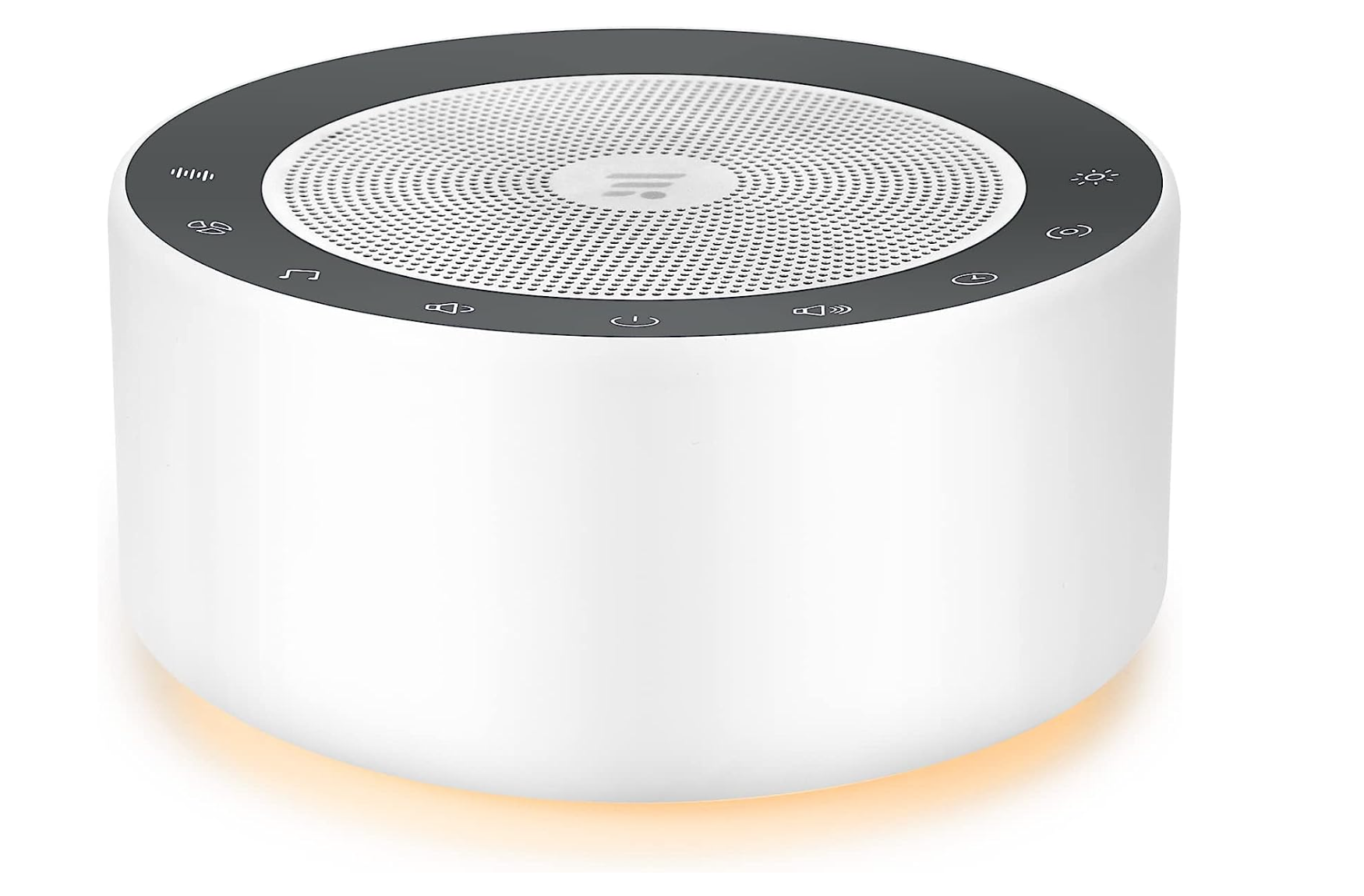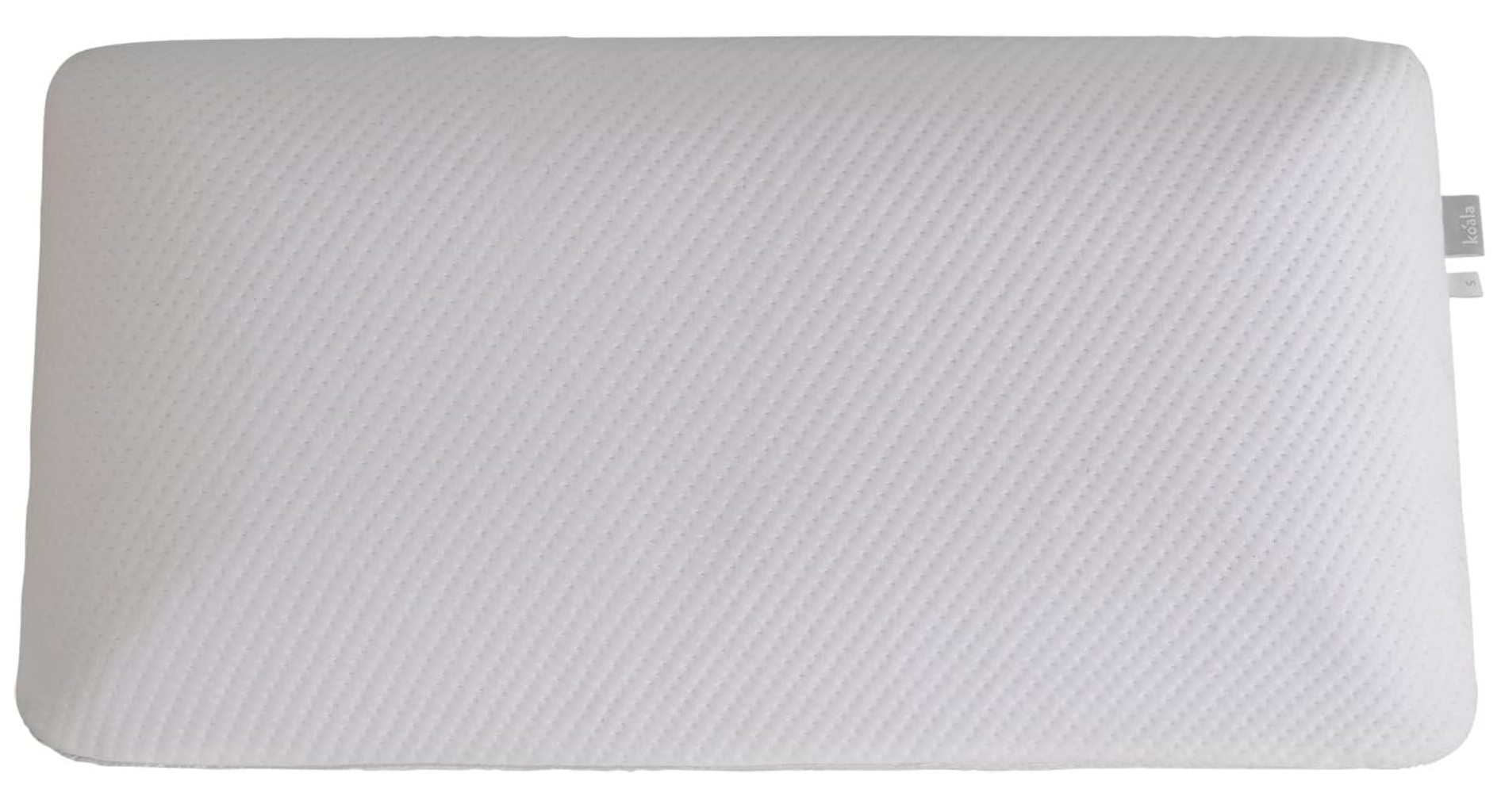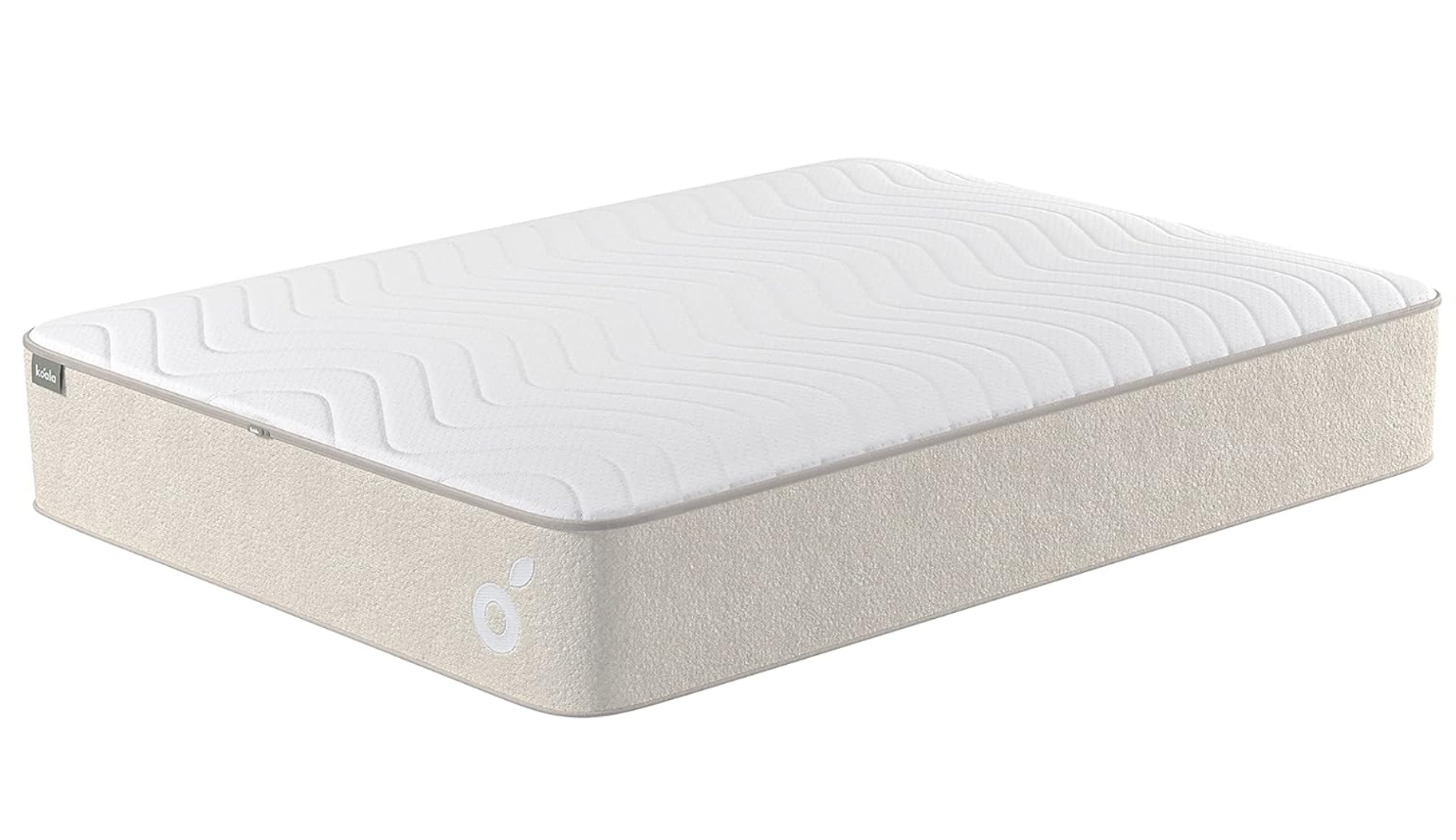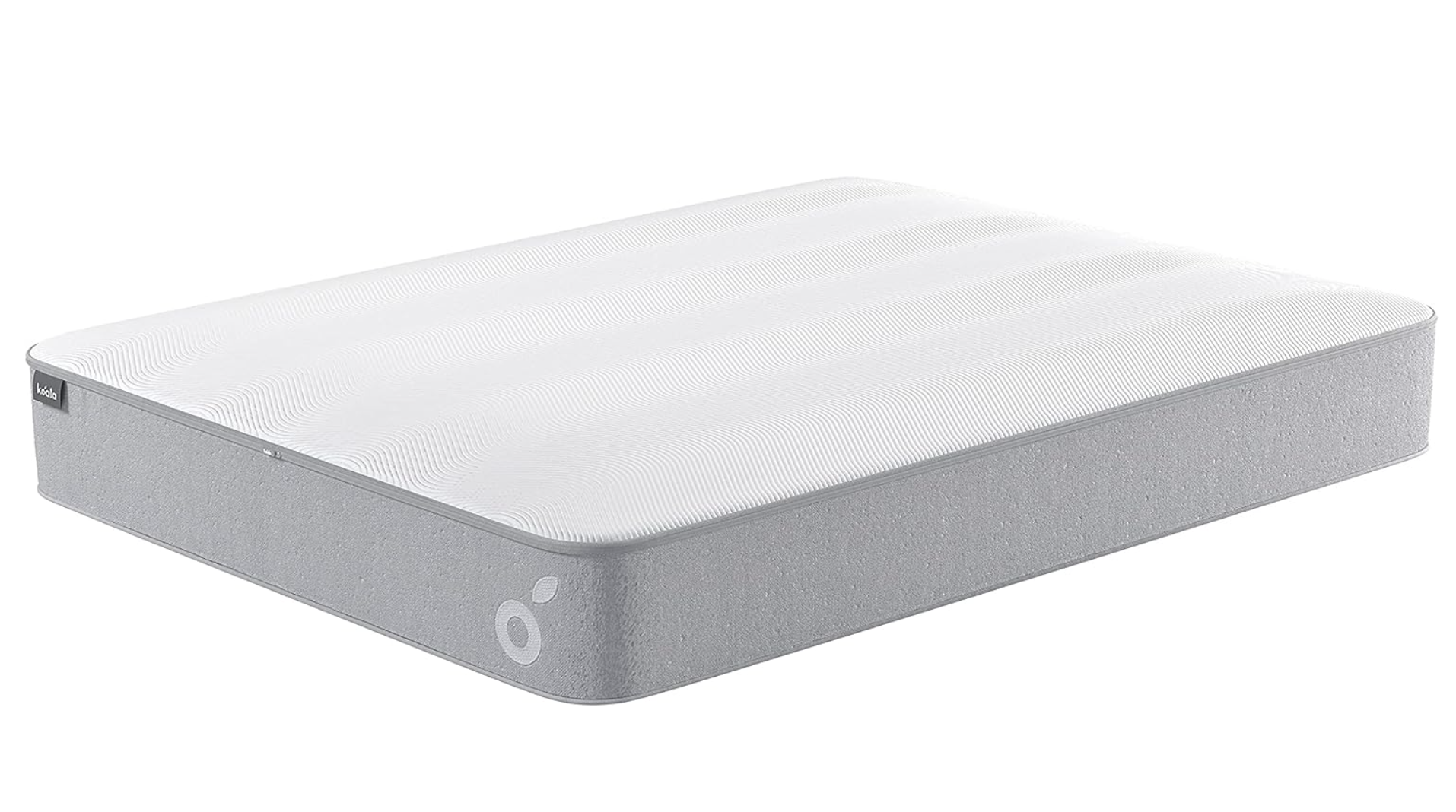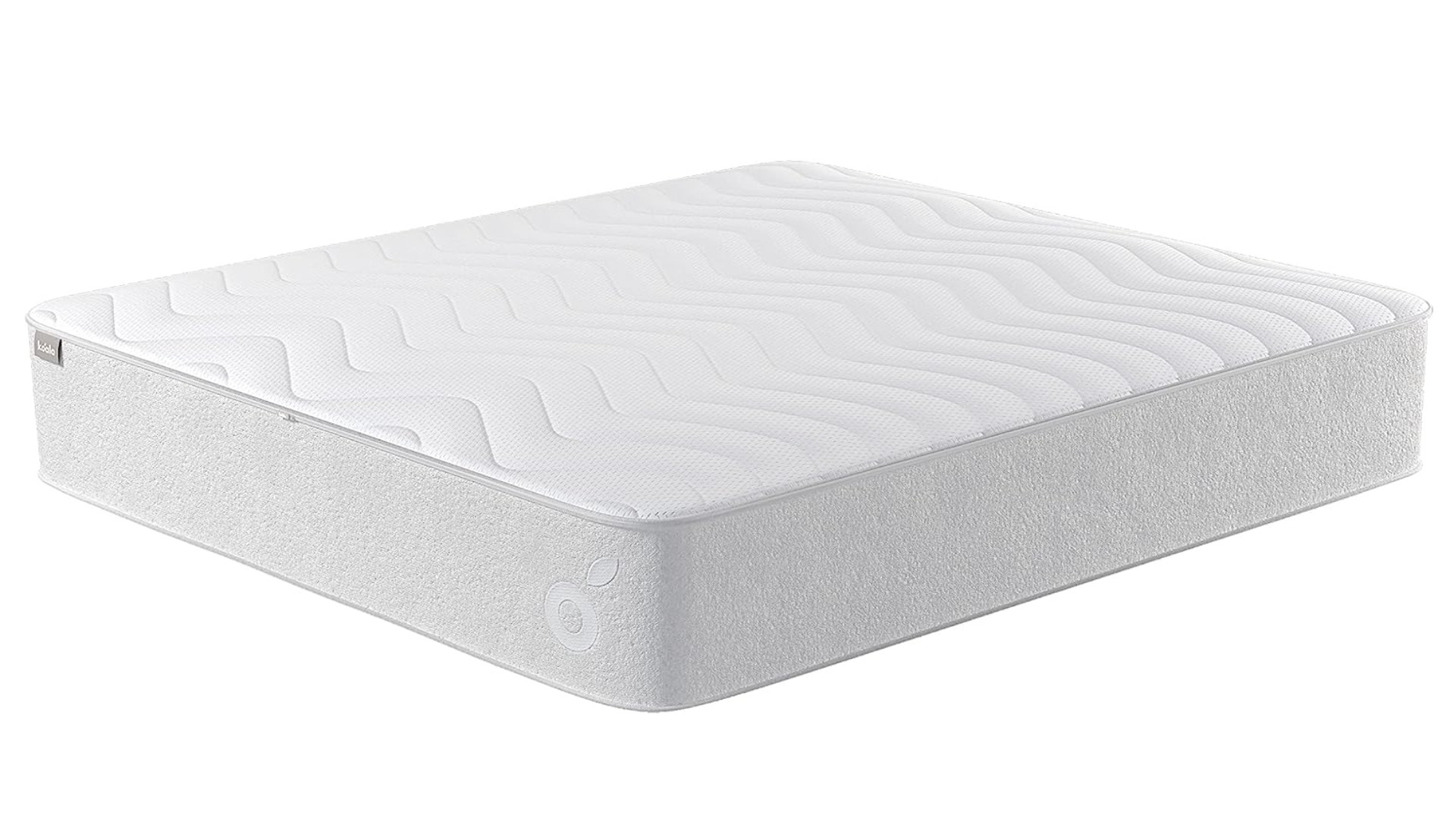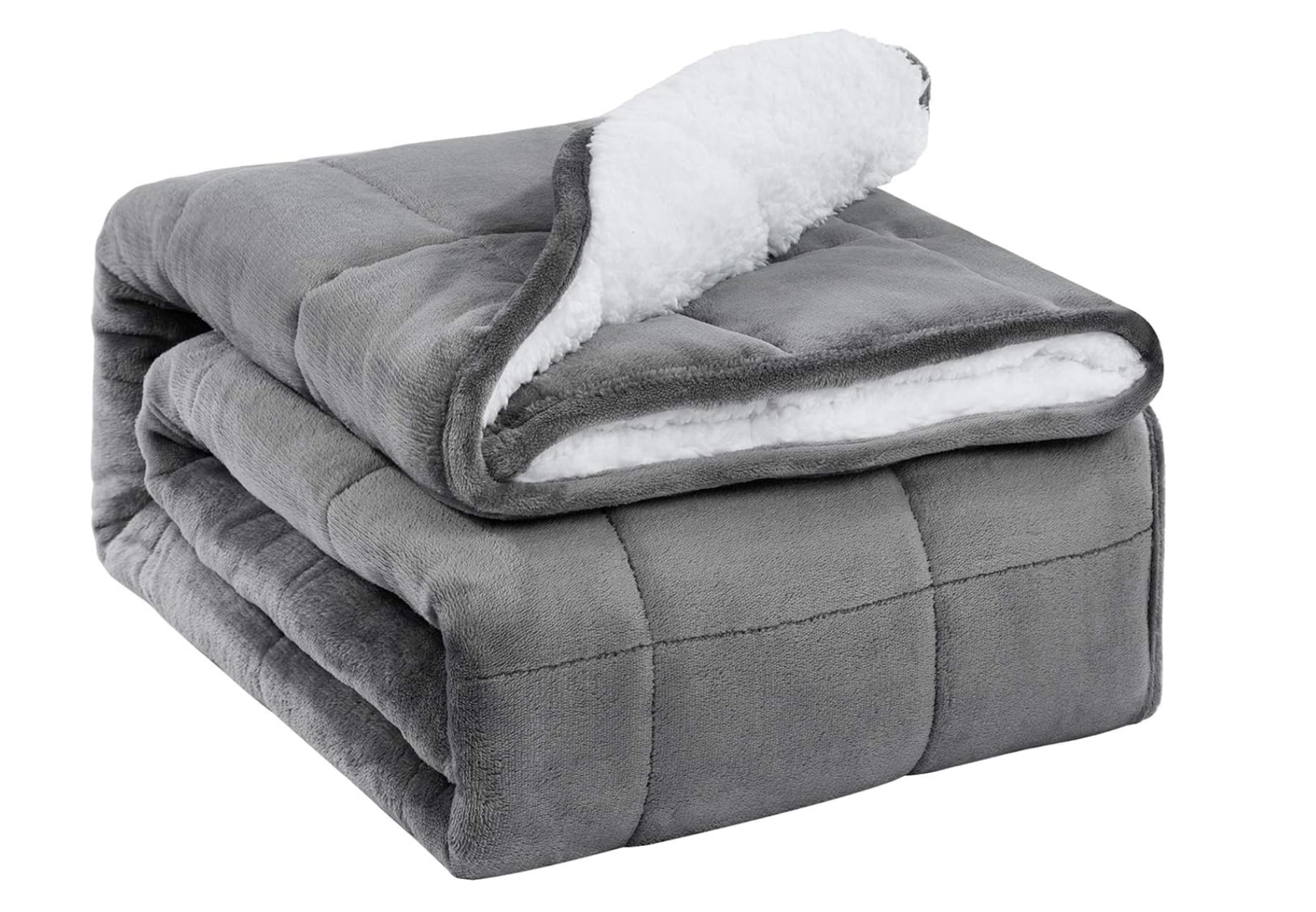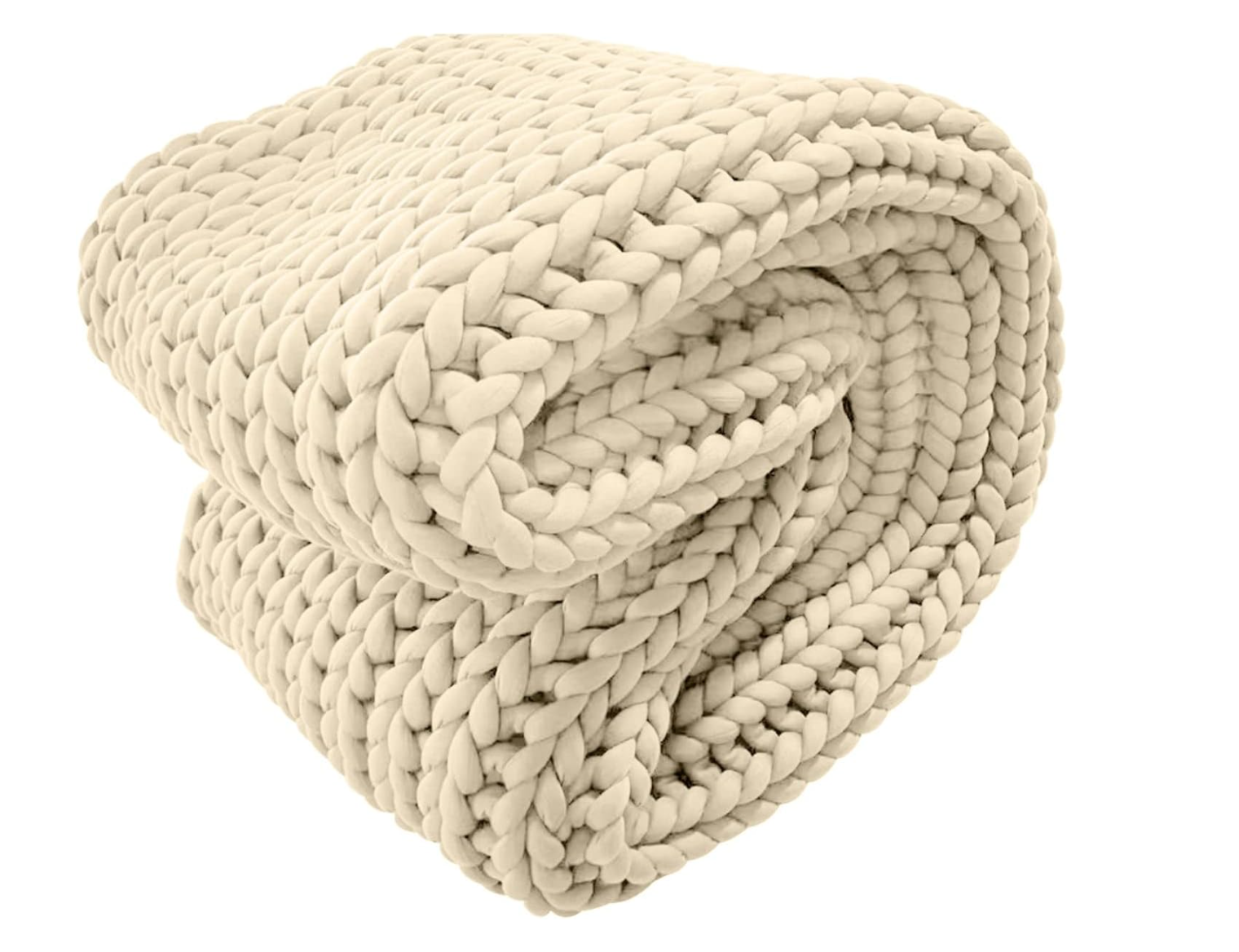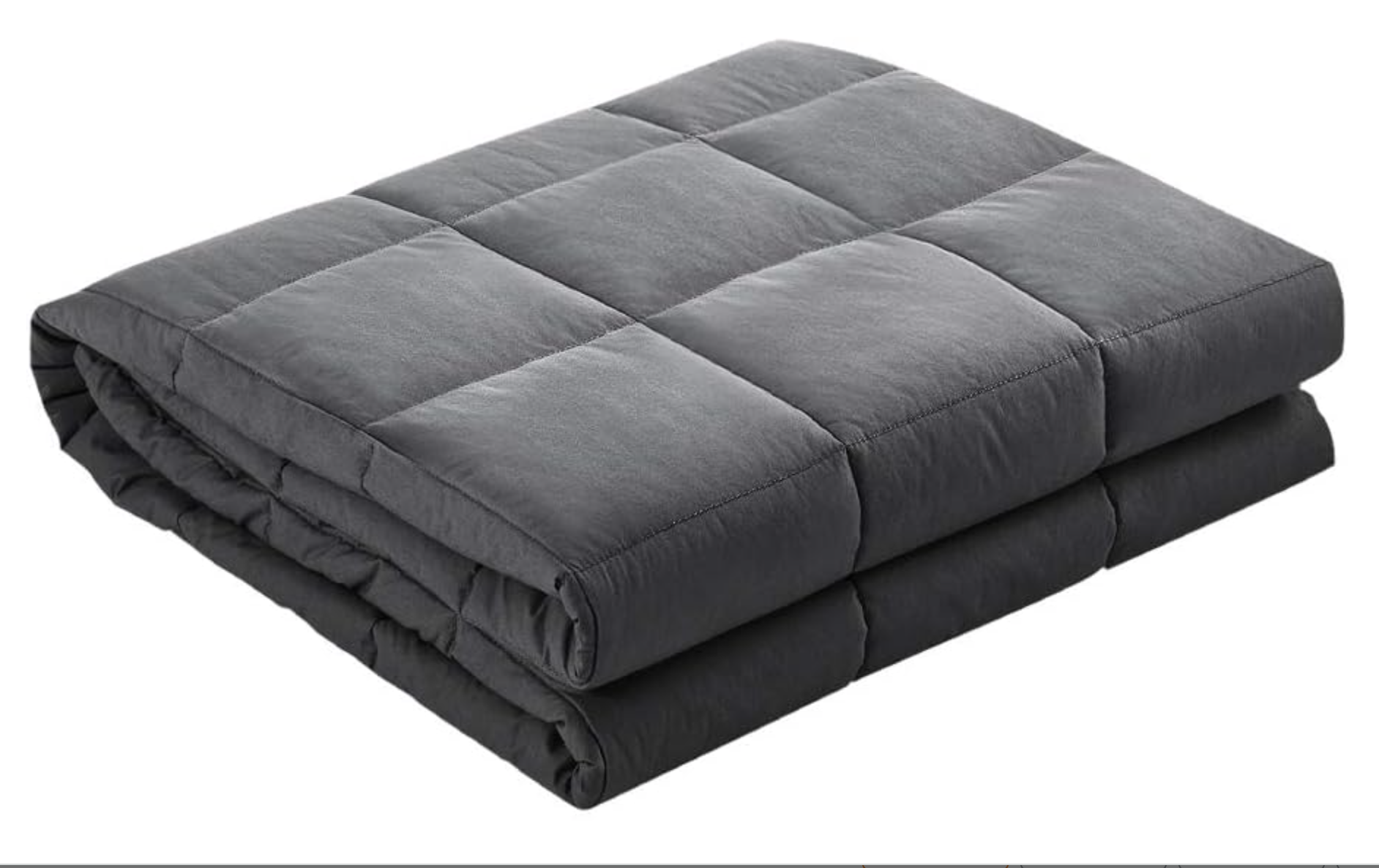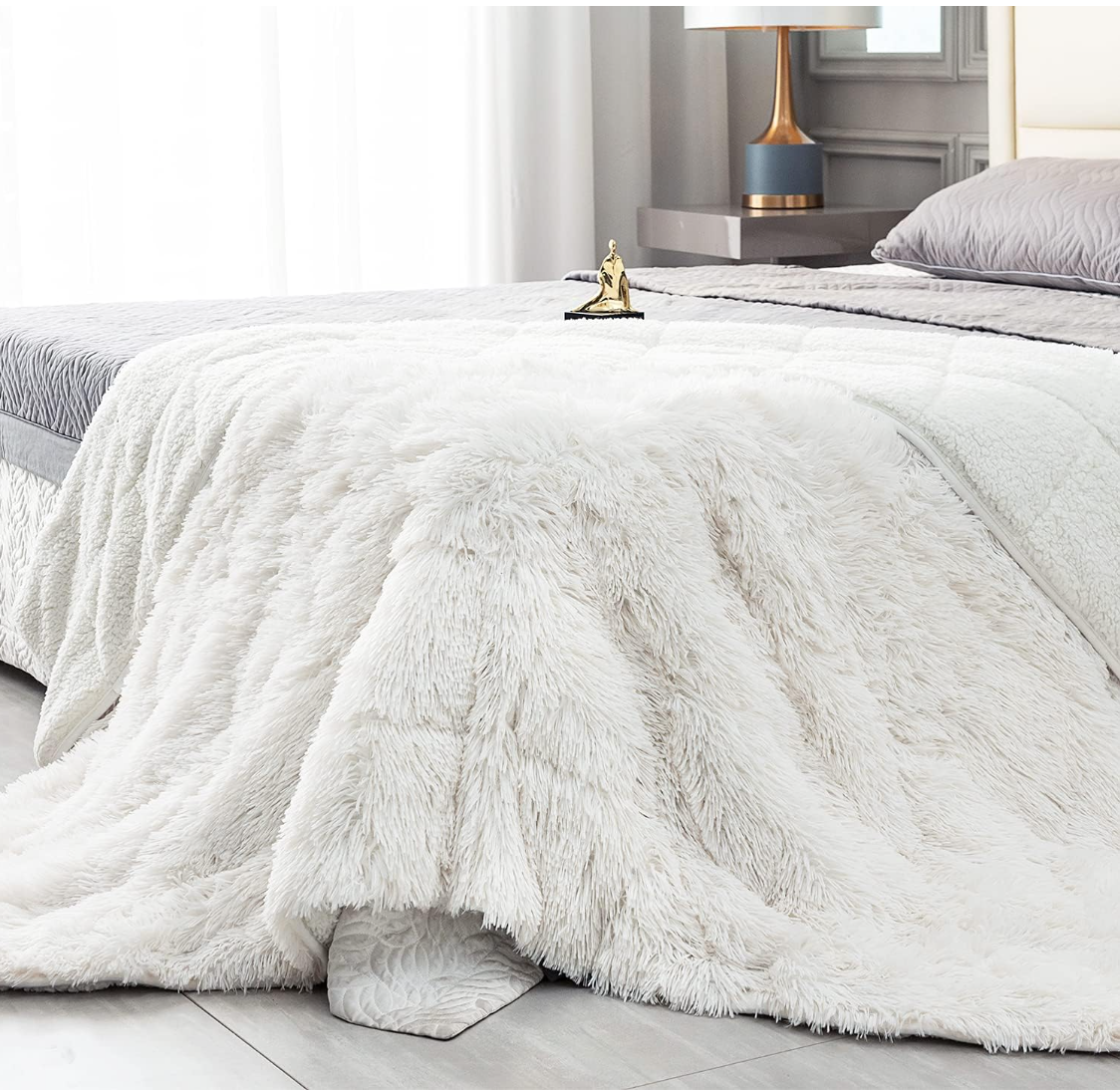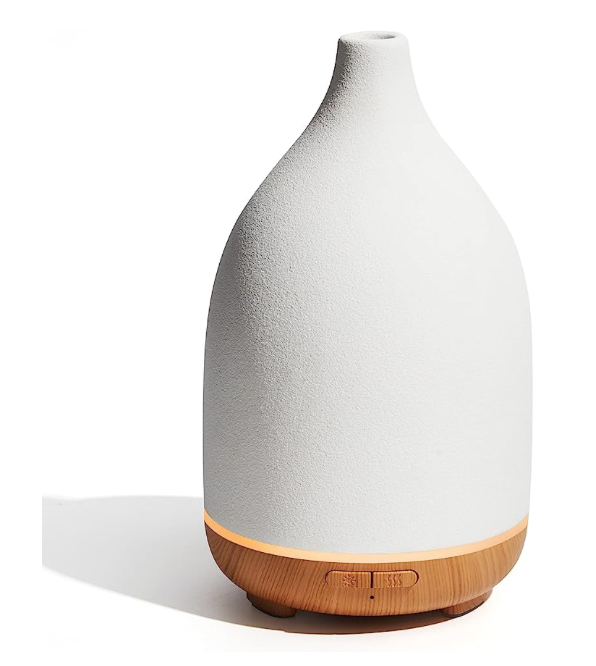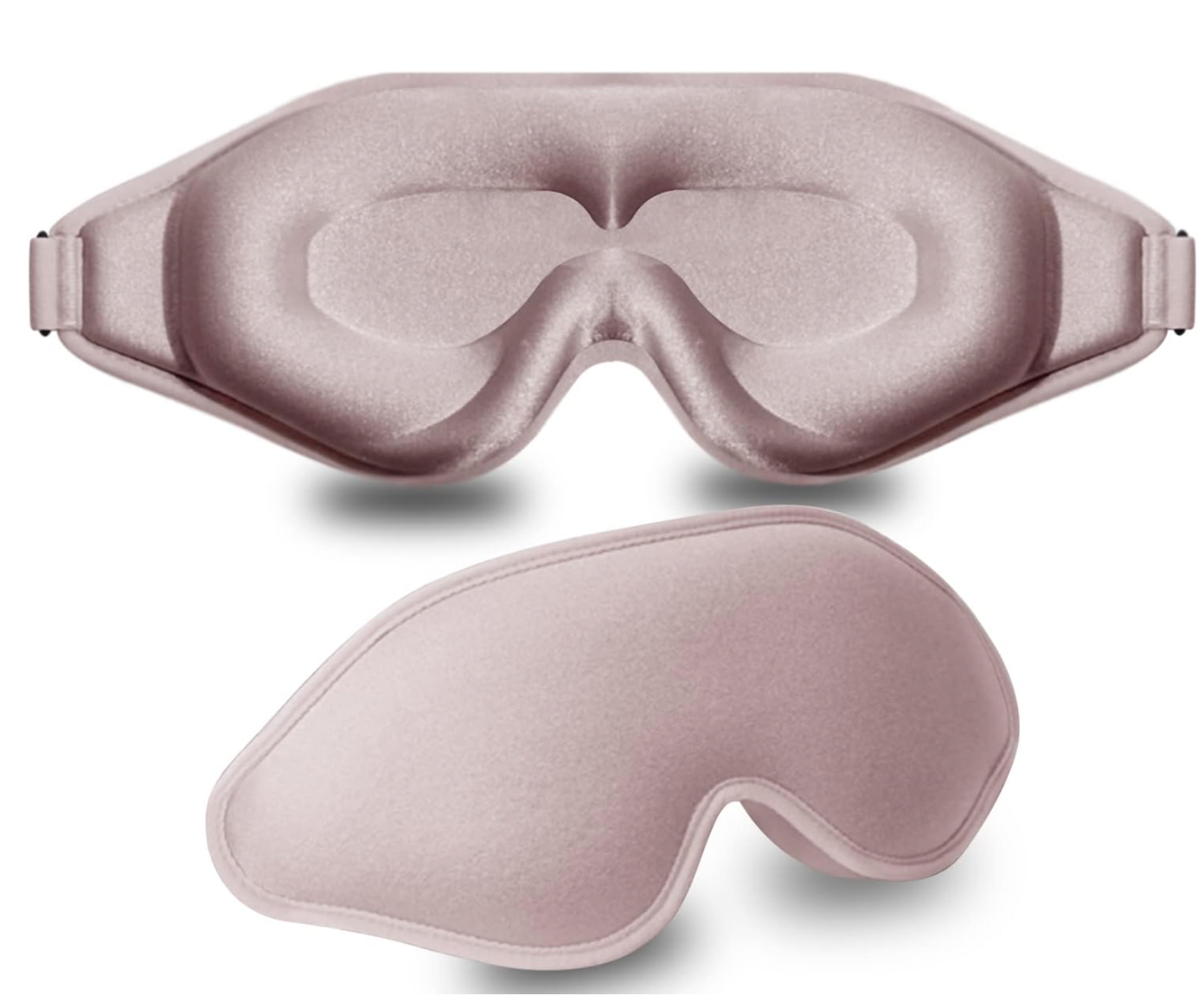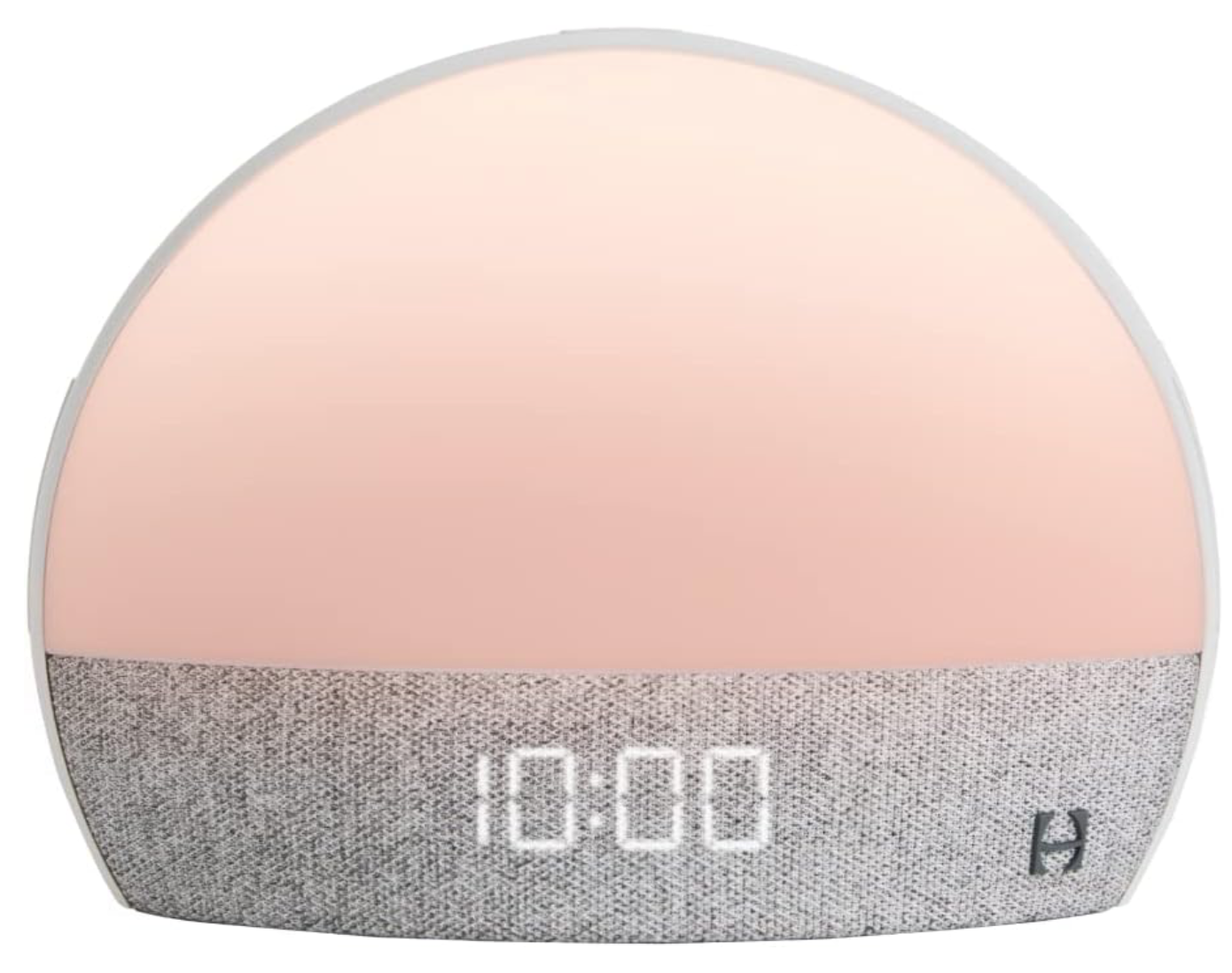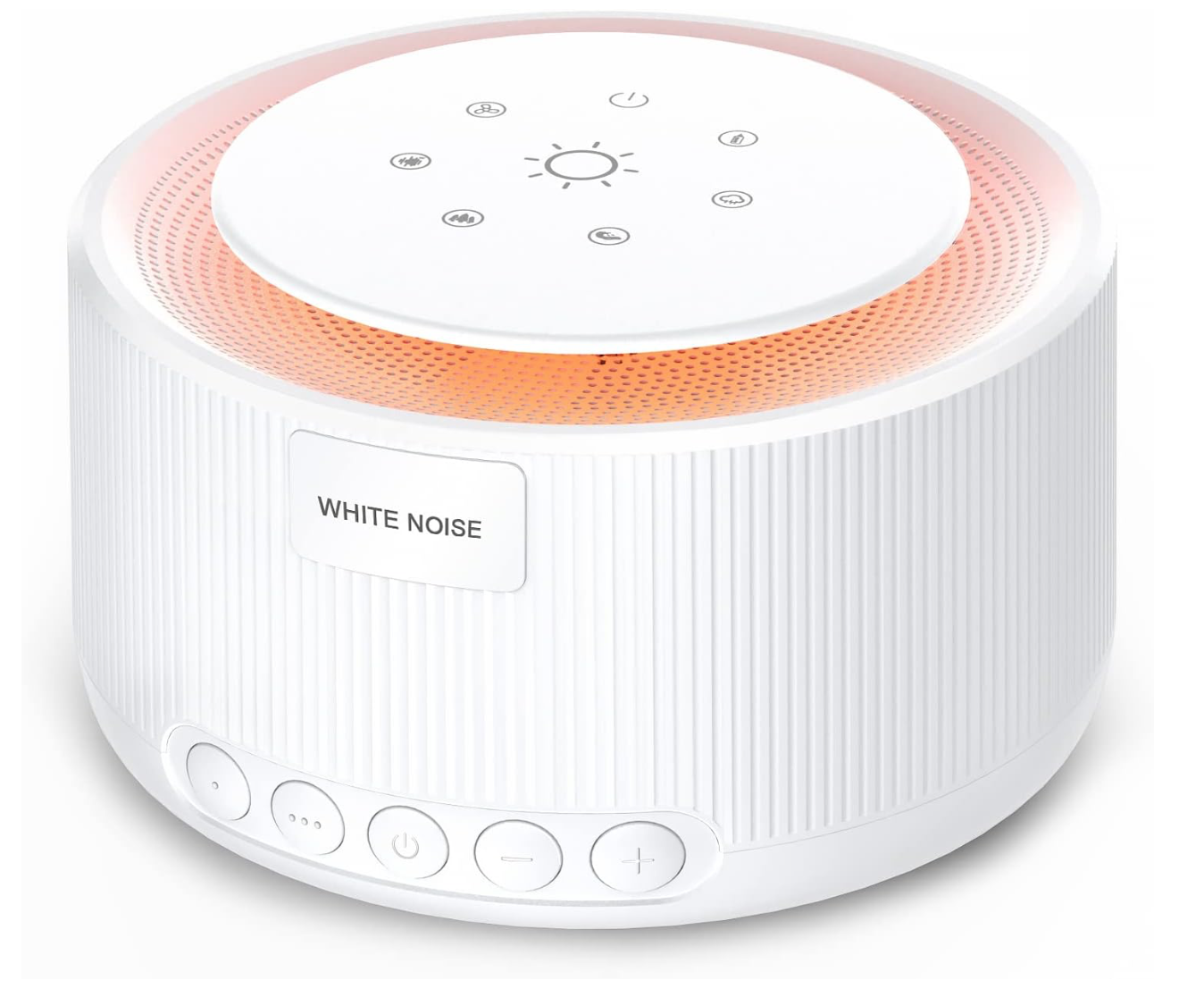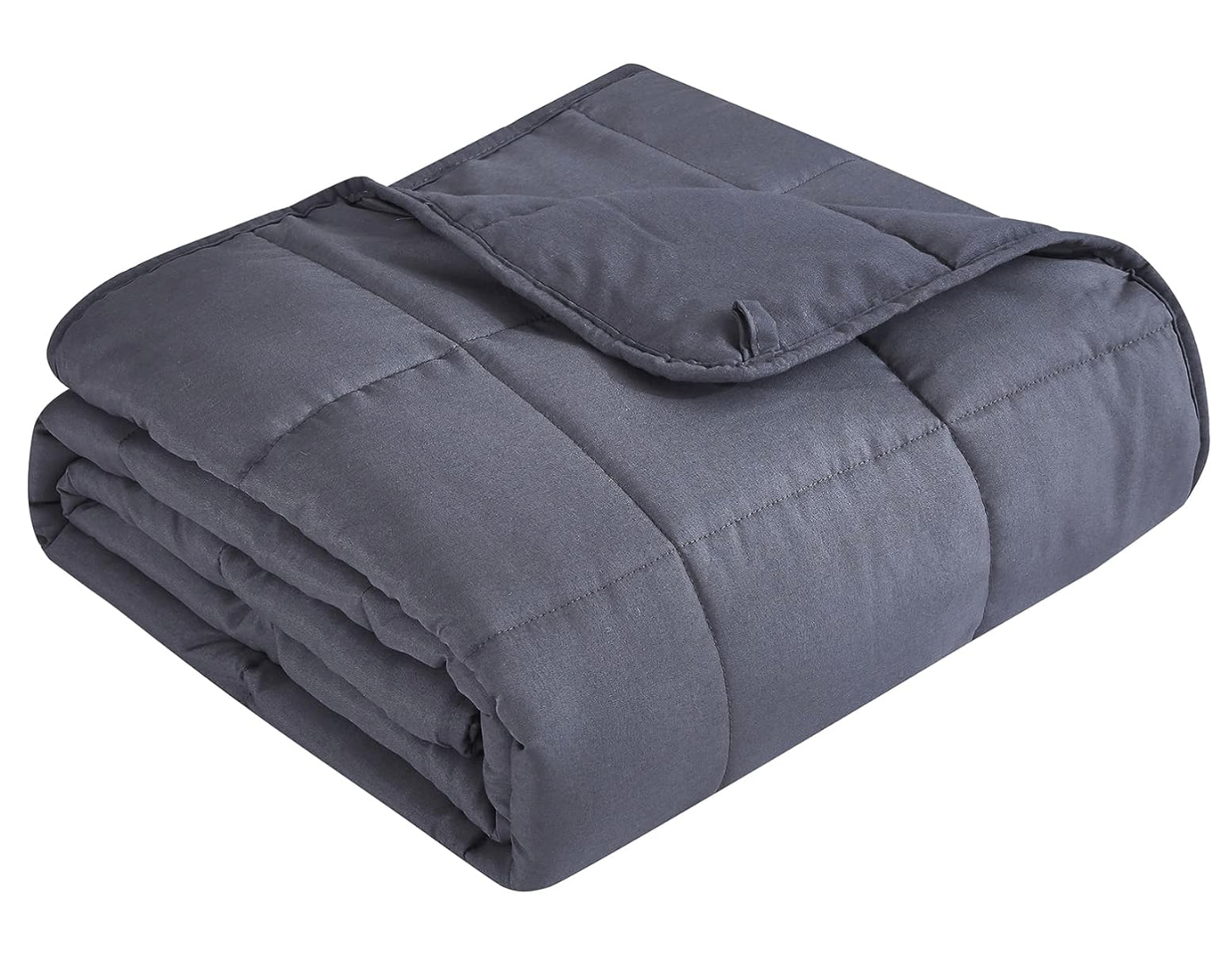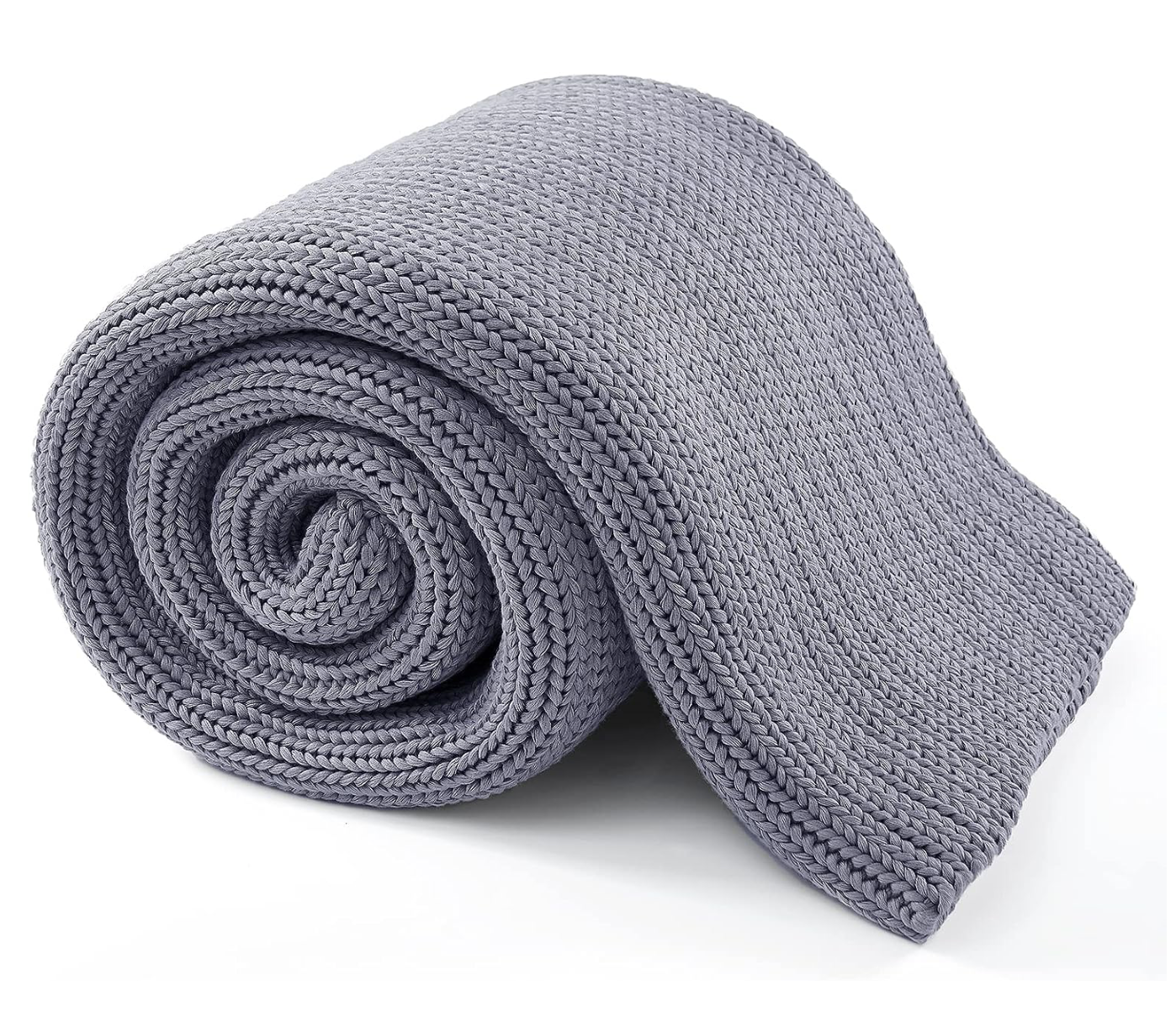Having trouble sleeping? Achieving a better night’s sleep is easier than you think.
20 tips for a better night’s sleep!
Plus download our free Sleep Easy Weekly Planner below.
It’s time to prioritise the most essential investment you can make in your overall wellness – a good night’s sleep. Making some small changes today can have a profound impact on your well-being and overall happiness.
If you find yourself tossing and turning or waking up feeling tired, here are 20 tips to help you achieve a good night's sleep:
1. Create a relaxing environment.
Your sleep environment plays a significant role in the quality of your rest. Make sure your bedroom is cool, quiet, and dark. Consider investing in blackout curtains to block out any unwanted light.
2. Develop a pre-bed routine at bedtime
Establishing a pre-bedtime routine signals your body that it's time to wind down and prepare for sleep. Engage in activities that promote relaxation, such as reading a book, taking a warm bath, or practicing meditation. Avoid stimulating activities like screen time or intense exercise a few hours before bed, as they can interfere with your ability to fall asleep.
3. Use Essential oils to promote relaxation and sleep
Natural Essential oils, derived from plants, have been used for centuries for their therapeutic properties and for promoting relaxation and sleep. Certain essential oils or blends have been found to have calming and sedative effects on the body, making them a great choice for soothing restlessness and anxiety before bedtime. Lavender, for instance, is widely known for its ability to promote tranquillity and reduce stress levels and Melatonin is known for helping control the body’s sleeping and waking cycles. If you're aiming for a restful night's sleep, there are a few effective ways to incorporate essential oils into your bedtime routine such as using a diffuser, pillow spray, inhaling or adding them to a warm bath.
Check out favourite products using essential oils below:
4. Avoid any caffeine, nicotine and alcohol
Both caffeine and nicotine are stimulants that can disrupt your sleep patterns. Avoid consuming these substances in the hours leading up to bedtime. Be mindful of hidden sources of caffeine, such as certain teas, energy drinks, and chocolate. Instead, opt for herbal teas or decaffeinated versions if you need a warm beverage before bed.
5. Write down any worries or your ‘to do list’ for the next day
Our minds are often cluttered with thoughts as we lie in bed thinking about tomorrow's deadlines, unfinished projects, bills that need paying or birthday gifts to buy. It’s endless! When it's finally time to unwind and head to bed, our restless minds can prevent us from falling into a deep and restful sleep. A simple yet effective solution is writing a to-do list before bed. By transferring your worries from your mind onto paper, you can create mental space to relax.
Download our FREE ‘sleep easy weekly planner’ here
6. Avoid using your phone, laptop or any electronic devices prior to bed.
Blue light, which is emitted by electronic devices such as smartphones, tablets, and laptops, has the power to disrupt our sleep patterns and hinder our ability to achieve a restful night's sleep. This is due to its ability to suppress the production of melatonin, a hormone responsible for regulating our sleep-wake cycle. When exposed to blue light, our brains are tricked into thinking that it is still daytime, resulting in delayed sleep onset and reduced overall sleep quality. Disconnecting from electronic devices at least an hour before bedtime is important to allow our minds and bodies to wind down, signalling the start of the sleep preparation phase.
If you want to try and limit your blue light exposure, check out these blue light blocking glasses below.
7. Avoid napping during the day.
While a short power nap can be beneficial, excessive daytime napping interferes with your ability to fall asleep at night. If you need to nap, keep it to no more than 20-30 minutes and avoid napping too close to bedtime.
8. Avoid workouts close to bedtime.
While exercise offers numerous benefits, doing it too close to bedtime can disrupt your sleep patterns. There are several reasons behind this.
a) It increases your heart rate and body temperature which stimulates your cardiovascular system and releases endorphins making you feel more awake and alert. As a result, you may take longer to wind down.
b) It disrupts or confuses your Circadian Rhythm, your biological clock which regulates your sleep-wake cycle.
c) It may delay your Melatonin Production. Melatonin, often referred to as the "sleep hormone," plays a crucial role in regulating our sleep-wake cycle. It is released by your body in response to darkness promoting a sense of drowsiness.
Exercising close to bed under bright lights can interfere with this process and suppress melatonin production.
9. Look at using an eye mask or earplugs
These two simple yet remarkable sleep aids have the power to help your sleep routine by creating darkness, and a barrier against unwanted noise. Whether it’s a loud neighbour, a snoring partner, a barking dog, street traffic or weather, these unwelcome sounds can impact our sleep leaving you waking groggy and irritable. Sleep masks come in a range of options including silk and some even play music! Ear plugs for sleeping also come in a range of options to suit most ear types and your sleeping position.
To create darkness or a barrier against noise, try these:
10. Consider removing your TV from your bedroom
The blue light emitted by screens can interfere with your body's natural sleep-wake cycle making it more difficult to fall asleep and achieve a deep, restorative sleep. Removing the TV also allows you to create a peaceful environment conducive to sleep.
11. White noise - helps mask noises and relax your mind
These devices produce a soothing sound that masks other noises, helping your mind relax and drift off to sleep. From the gentle rustling of rain to the peaceful sound of ocean waves, there are numerous options to choose from.
Check out our favourite white noise options below:
12. Turn on some relaxing music
Listening to relaxing music as a part of a consistent bedtime routine can signal to the brain that it's time to wind down, promoting regular sleep patterns.
13. Take a warm bath
A warm bath may help towards relaxation and stress reduction, which are vital for sleep preparation. Immersing yourself in warm water triggers a physiological response that helps to calm the mind and relax the body. The warm temperature helps relieve muscle tension and promotes the release of endorphins, which are natural stress-relieving chemicals in the brain. As the stress and tension melt away, the body becomes better equipped to settle into sleep mode. We love the range of Dr Teals products with essential oils. Dr Teals products are pH neutral and alkaline free to prevent dry skin and come in a range of essential oil fragrances.
14. Meditation
Meditation helps towards a state of deep relaxation wherein our bodies release tension and our minds let go of stress. Engaging in mindfulness practices, our nervous system finds respite, activating our body's natural relaxation response. By regularly practicing meditation, you can create an environment conducive to a peaceful night’s sleep.
15. Keep a consistent sleep schedule
Maintaining a consistent sleep schedule is crucial for regulating your body's internal clock. Try to go to bed and wake up at the same time every day, even on weekends. This routine helps train your body to anticipate sleep, making it easier to fall asleep and wake up refreshed.
16. Read a book
Screens dominate our attention but picking up a book before bed transports us to a quieter space, away from the glaring lights and buzzing notifications. The act of reading itself is a form of meditation, a deliberate disconnection from the chaos of the outside world and guides us away from the worries of the day. This can ease tension in our bodies and soothe the restlessness in our minds
17. Stretch and relaxation exercises before bed
Engaging in a gentle stretching routine prior to bed can impact on our ability to fall asleep and enjoy a truly restful night. Stretching before bed facilitates the relaxation of muscles that might have become tight or tense throughout the day, especially beneficial for individuals who spend long hours sitting or engage in physically demanding activities. Stretching allows tense muscles to unwind, relieving them of built-up stress and tension and can also have a calming effect on the mind.
18. Invest in a good bedding
We spend a significant portion of our lives in bed, therefore investing in a quality bed is essential for achieving a good night's sleep. A high-quality mattress and a sturdy bed frame work together to help ensure that our body is properly aligned, alleviating any pressure points and allowing our muscles to relax. A comfortable bed can help reduce tossing and turning during the night, enabling us to fall asleep quicker and stay asleep longer. A good bed promotes healthy sleep patterns, reducing the risk of sleep disorders, such as insomnia, and improving sleep quality.
For a restful night’s sleep we can’t go past award winning Koala mattresses and pillows!
Given that we spend about a third of our lives in bed, investing in a quality bed to help get a good night’s sleep is worth every cent! We are big fans of the Koala products below:
19. Calming or weighted blankets to promote relaxation and sleep
A popular method in recent years is the use of calming or weighted blankets. These cosy and weighted blankets have gained attention for their ability to bring comfort and peace, promoting relaxation and overall well-being. These blankets are designed to provide a gentle pressure evenly distributed on the body, mimicking the sensation of a warm hug or a gentle embrace. This deep touch pressure stimulation is said to increase the release of serotonin and melatonin, the hormones responsible for promoting relaxation and sleep. By applying firm but gentle pressure across the body, calming blankets can help alleviate anxiety, reduce stress, and help promote a good night’s sleep. Check out several weighted blanket options below.
To promote relaxing and sleep try these calming or weighted blanket options below:
20. Exercise regularly
One of the primary ways exercise contributes to a good night's sleep is by reducing stress and anxiety. Exercise stimulates the release of endorphins, our body's natural feel-good chemicals, which help alleviate feelings of anxiety and depression. By relieving these mental stressors, exercise can create a more relaxed mind and body before bedtime, making it easier to fall asleep.
Another option is to try The Military Method
The military method is a technique developed to help soldiers achieve sleep in two minutes. This process includes the following steps:
Assume a comfortable position and relax each part of your face, such as your eyelids, jaw, lips, and brow.
Allow your arms to rest at your sides, dropping your shoulders first.
Begin taking deep breaths to relax your chest.
Start relaxing your lower half, working your way from your hips down through each part of your leg to your feet.
Visualize a peaceful setting to set your mind at ease, such as beautiful countryside, a quiet lake, or a cosy room in your home. If you experience any intrusive thoughts, recognize them and try to move beyond these images. Visualization might be a bit difficult — if you struggle to conjure relaxing images, repeat a simple phrase to yourself, like “don’t think.”
Sleep well.
SHOP FOR SIMILAR PRODUCTS IN THE USA BELOW:






